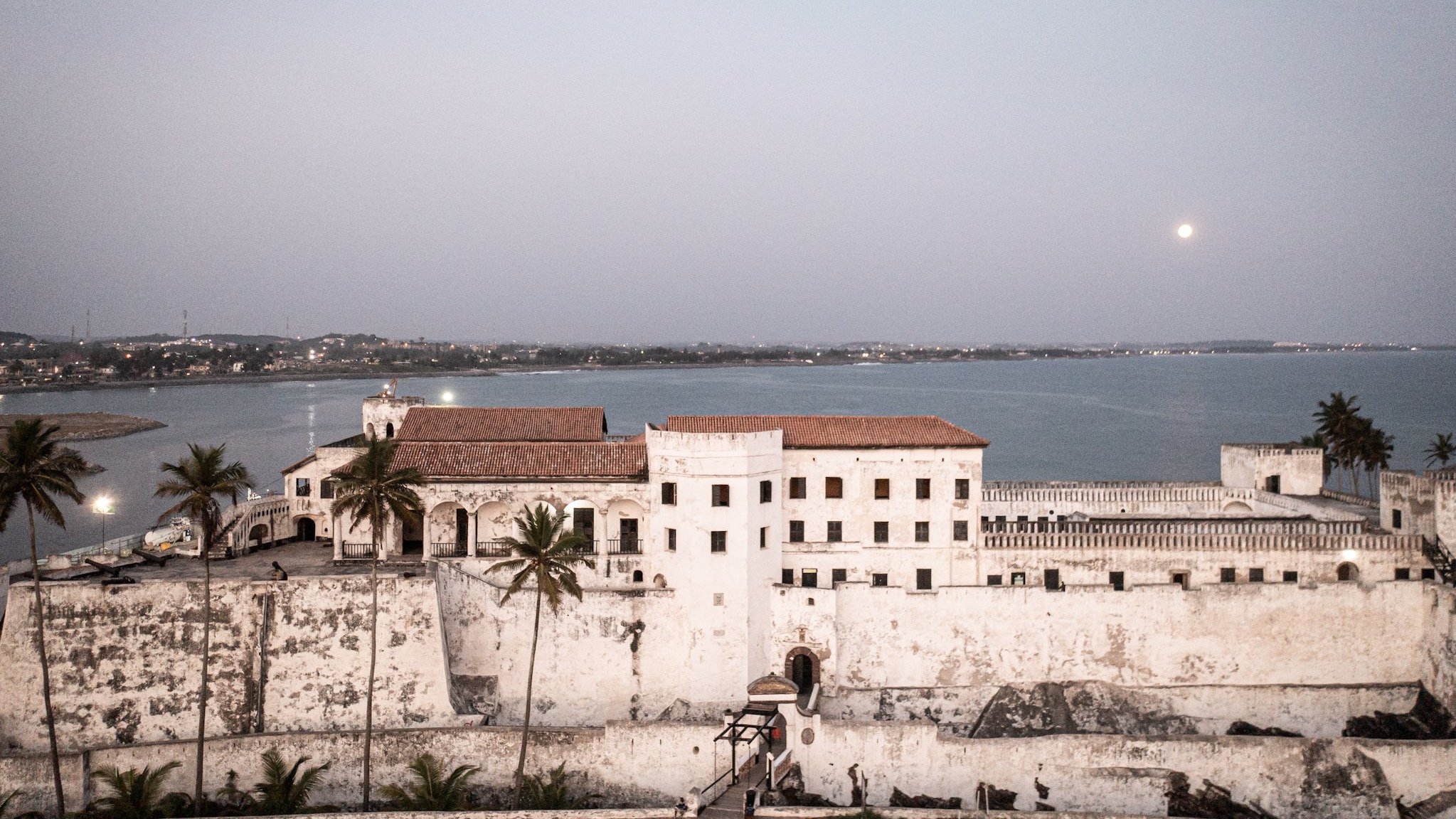
The Dutch Diaspora Project.
For centuries, the Dutch have traveled far and wide and settled all corners of the globe. Their influence is everywhere: in the language, music, cuisine, economy and politics of both local communities and nation states. In family names and traditions, in personal beliefs and philosophies. In life and in death. Traces of the Dutch diaspora are abundant, but not always evident. Many stories are left untold, or need to be retold and coupled with fresh insights. The Dutch Diaspora Project sets out to uncover this history and traces its influence on the modern-day world. Through extensive research in both the Netherlands and the Dutch diaspora, the project combines official documents, diaries, photos, and illustrations from historical archives with interviews, audio fragments, photos and videos featuring the present-day descendants of Dutch settlers. Consequently, the past is connected to the present and even the future − how do the actions of Dutch settlers of generations past inform the identity and destiny of their descendants, for generations to come?

“The Dutch Diaspora Project explores the impact of Dutch settlers on the world and connects their history to the present”
Timeline.
The Dutch Diaspora Project is an ambitious multiyear initiative and divided into several phases, spanning four centuries and continents. The first phase delves into one of the most controversial and consequential Dutch diasporas: the communities of Dutch slavers and slaves in Africa. We then move on to the Dutch diaspora of colonizers and the colonized in Asia. The third phase follows in the footsteps of the Dutch diaspora of fortune-seekers and their descendants in the Americas.
-
In recent years, the involvement of the Dutch in the trans-Atlantic slave trade, and its impact on contemporary Dutch society and culture, has been a topic of heated debate in Dutch politics and everyday life. Consequently, many Dutch people know their country was involved in one of the darkest chapters in human history. Yet the extent of the Dutch role in the trans-Atlantic slave trade and the ways it has shaped life at its points of origin in Africa are largely unknown. The first phase of the Dutch Diaspora Project aims to present a more complete picture and to put a human, contemporary face on what for many people is still an abstract concept or a topic confined to history books.
To this end, the Dutch Diaspora Project has traveled to Ghana’s Gold Coast, the focal point of the Dutch slave trade from the 17th to the 19th century. From a series of forts strung along the coastline, prime among them Elmina, the Dutch bought and sold millions of slaves, many of whom died before reaching their final destinations in the New World. This part of the trans-Atlantic slave trade has been well documented but, surprisingly, the impact of the Dutch on the African communities they settled in has gone largely unnoticed. Crucially, hundreds of Dutch settlers had offspring with African women, giving birth to a complex Dutch diaspora with fascinating family histories and repercussions for African and Dutch identity. Our team members have traveled to the Gold Coast to interview, photograph and record descendants of the Dutch setters for posterity.Their stories and those of their forefathers have been documented and will be presented in a wide range of multimedia productions.
Production roadmap
September 2022
- feature articles in Holland’s leading travel magazines Columbus Travel and In Eigen Land, with a combined readership of 40,000 per issue
Late 2022
- articles, photos and audio interviews on the dedicated website dutchdiaspora.nl
- online fact files for educational purposes
- interactive exhibit(s) in museums in the Netherlands
-
-

Want to help out?
If you would like to contribute to the project, please contact us. We’d be happy to hear from you and discuss ways to collaborate.

